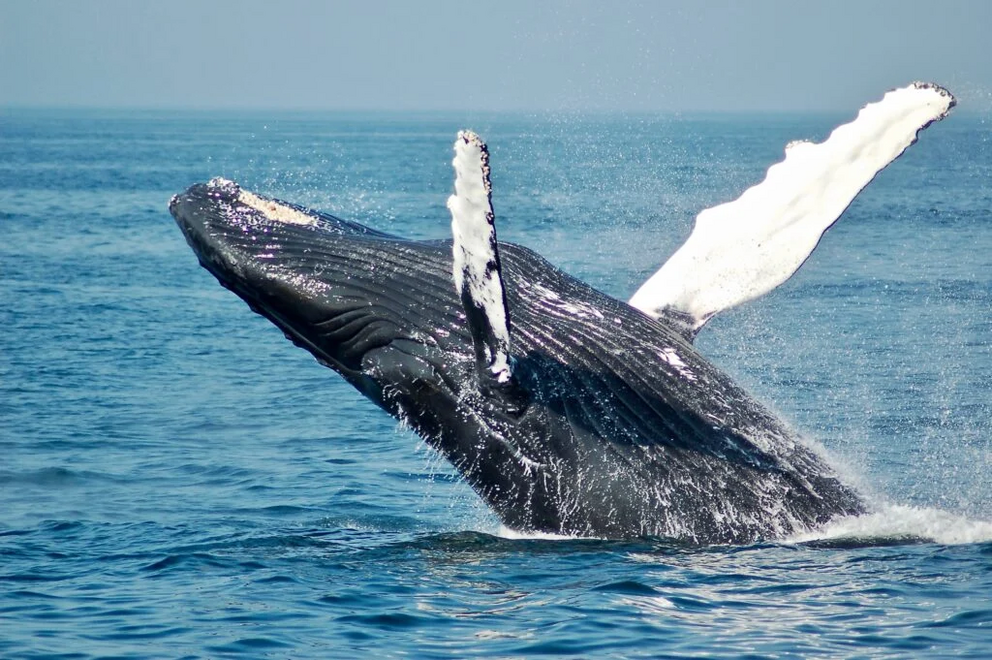Blue whales return to Spain’s coast after disappearing for 40 years
The return of the blue whales following a decades-long absence may be driven by homesickness or the cultural memory of the species, experts believe.
Blue whales have been returning to the Atlantic coast of Spain after an absence of over 40 years in the region, when whaling industries drove the species to the brink of extinction.
Blue whales, which are the world’s largest mammals, had long disappeared from the region until the recent sightings.
The first was spotted off the coast of Galicia near Ons Island by marine biologist Bruno Díaz, who heads the Bottlenose Dolphin Research.
Another one of the majestic creatures was spotted the following year in 2018 and yet another in 2019. In 2020, two whales again made their return to the area.
It remains unclear as of yet as to why the creatures have returned to the area, but controls on local whaling industries are believed to play a role.
“I believe the moratorium on whaling has been a key factor,” Díaz remarked, according to the Guardian. “In the 1970s, just before the ban was introduced, an entire generation of blue whales disappeared. Now, more than 40 years later, we’re seeing the return of the descendants of the few that survived.”
Whaling had been a traditional industry in Galicia for hundreds of years before Spain finally acted to ban whaling in 1986, long after the blue whale’s presence in the region had faded away.
Some fear that the return of the massive sea mammals is a sign of global warming.
“I’m pessimistic because there’s a high possibility that climate change is having a major impact on the blue whale’s habitat,” said marine biologist Alfredo López in comments to La Voz de Galicia.
“Firstly, because they never venture south of the equator, and if global warming pushes this line north, their habitat will be reduced,” he continued “And secondly, if it means the food they normally eat is disappearing, then what we’re seeing is dramatic and not something to celebrate.”
Díaz said that while the data certainly supports this theory, it is too early to determine climate as the precise cause.
“It is true that the data we have points to this trend [climate change] but it is not enough yet,” he told Público news.
Another possibility is that the ancestral memory of the old creatures or even a longing for their home may offer an explanation, according to Díaz.
“In recent years it’s been discovered that the blue whale’s migration is driven by memory, not by environmental conditions,” he said. “This year there hasn’t been a notable increase in plankton, but here they are. Experiences are retained in the collective memory and drive the species to return.”
In recent years, researchers have found that migratory patterns are also driven by the cultural knowledge existing in many groups of species.
Researchers believe this type of folk memory, or cultural knowledge, exists in many species and is key to their survival.
A typical blue whale is 20-24 metres long and weighs 120 tonnes – equivalent to 16 elephants – but specimens of up to 30 metres and 170 tonnes have been found.

